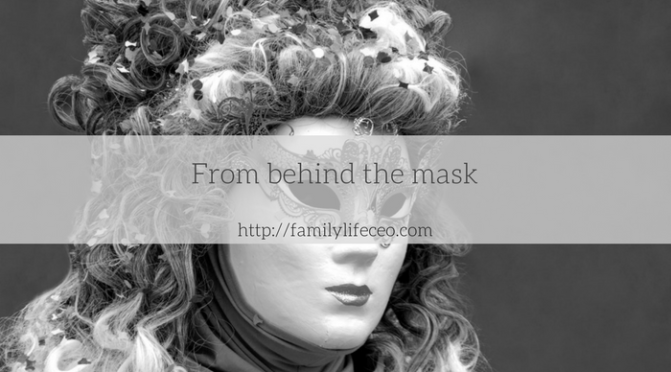Have you noticed that even those people who are shy and reserved in real life, who tend to abstain from engaging in a debate, happen to actively voice their opinions on the web?
How many “anonymous” comments have you seen recently? Were they harsh, judgemental and maybe even cruel? Probably. At least much more so compared to the ones voiced out loud, in real life.
Allow me to give you some food for thought:
- Do you know the story of Venetian Carnival? What started as a nice idea of entertainment, rapidly turned to be plain dangerous. Hiding one’s identity behind fancy masks very soon became the perfect environment breeding crime of all sorts: theft, harassment, even murders. That triggered a series of laws and decrees significantly limiting (and even prohibiting) the use of masks.
- Although I tend to believe in good in humanity, I also cannot disregard all these famous psychological experiments, like Zimbardo’s Standford Prison experiment (“Google” that one, if you don’t know it — it’s frightening!) So does it mean that when we hide behind “a mask” there is a monster in all of us?…
- Also my favourite contemporary author — Eric-Emmanuel Schmitt — talked about that. He explored one of the facets of good vs. evil in a person in his controversial (yet thought-provoking, skilfully crafted and simply incredible!) book “The Alternative Hypothesis”, which explores the life of…Hitler… if the jury would have accepted him in the Fine Art Academy in Vienna. Had it changed the course of the world? And most importantly could anyone of us under certain conditions had become Hitler?… And if so — wouldn’t anonymity, or “the mask” if you will, act as such main condition?
- There is a Russian kid’s short story about a boy Deniska, where the morale is “everything concealed will always be found out“. There the boy threw his porridge out of the window telling his mom he ate it, for her to discover shortly after that his porridge ended up on one gentleman’s hat…
All that poses a question: are people inherently evil and are behaving good only out of fear of punishment? And consequently if they cannot be identified and prosecuted they will do all awful things possible? That is pretty much the same question which 17th century political philosophers were pondering about (see Thomas Hobbes vs. John Locke): are people by their nature good or evil?
I heard a quote once (don’t remember the origin anymore) that one should guide his or her actions by a question:
Would it be ok if what you did is described on a huge billboard in the middle of the city for everyone to see?
I believe this is a pretty good approach. Indeed what if everything we do or say could end up known to everyone whose opinion matters to us? And on the contrary, what if we were 100% confident that noone will ever find out? Would we do or say things differently? In other words, are we a completely different person behind a mask?


